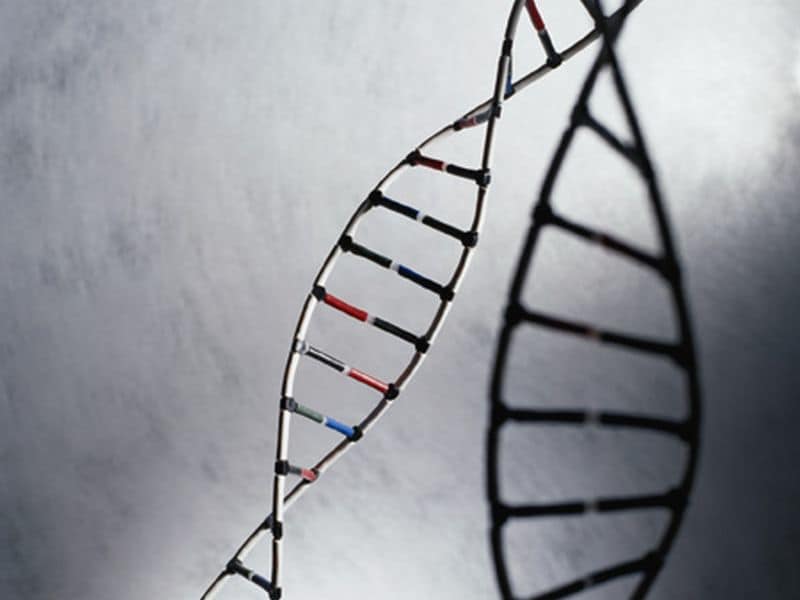THURSDAY, May 23, 2019 (HealthDay News) — The vast majority of people at risk for Huntington disease (HD) choose not to be tested preemptively, mainly because there is no cure for the disease, according to a study published online May 15 in Clinical Genetics.
Karen E. Anderson, from Georgetown University in Washington, D.C., and colleagues surveyed 733 research subjects who chose not to learn their HD gene status as part of participation in the Prospective Huntington At-Risk Observational Study (1999 to 2008).
The researchers found that lack of an effective cure or treatment (66 percent) and inability to undo knowledge (66 percent) were the major reasons reported for choosing not to undergo DNA testing for HD. The length and the burden of the testing process were not cited frequently as concerns (only cited by 39 and 41 percent, respectively). Participants were hopeful that in the next 10 years a treatment to improve symptoms or postpone onset would be developed (56 and 53 percent, respectively), but not so hopeful about the prospects for preventing HD onset (36 percent).
“This study shows us that, as new treatments develop that will require genetic testing for clinical trial participation, we should reassess attitudes about how people at risk for disease approach this life-altering choice,” Anderson said in a statement. “It tells us that we should understand, and respect, decisions not to have that testing.”
Abstract/Full Text (subscription or payment may be required)
Copyright © 2019 HealthDay. All rights reserved.



